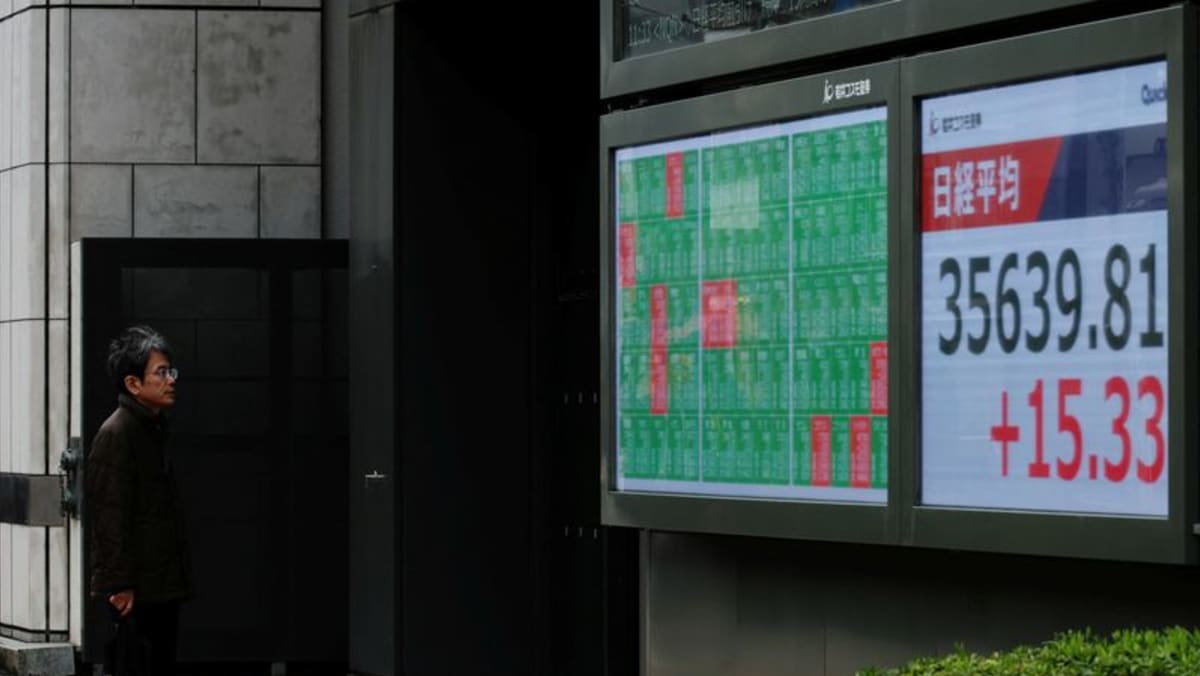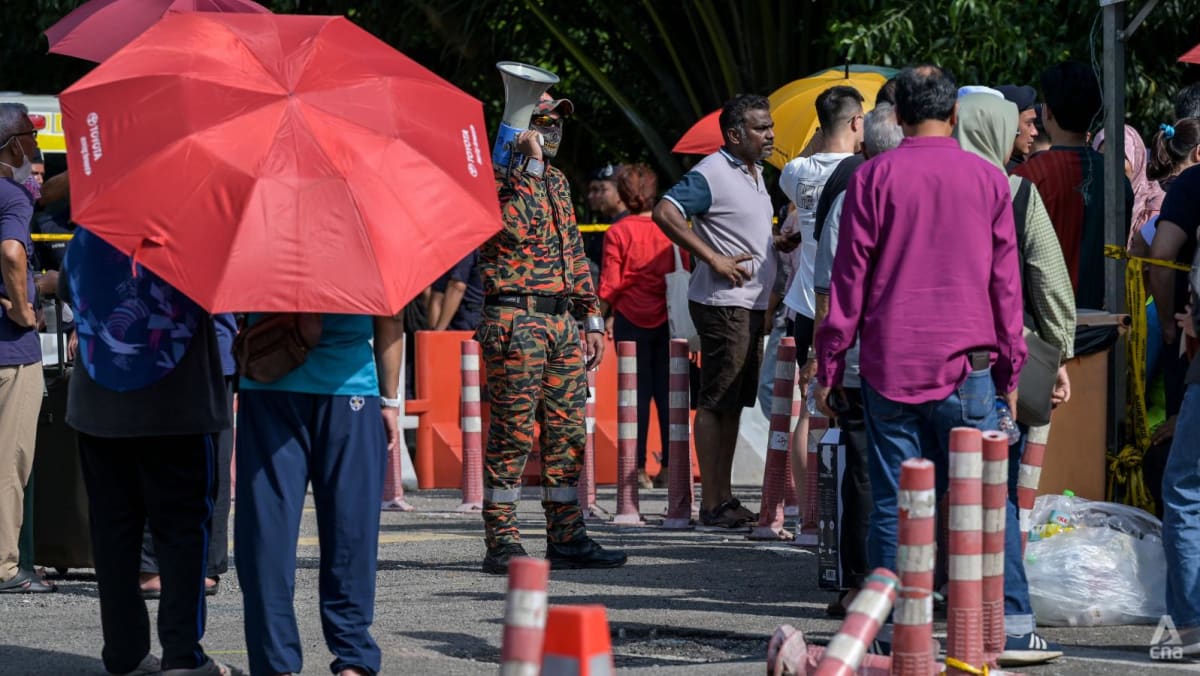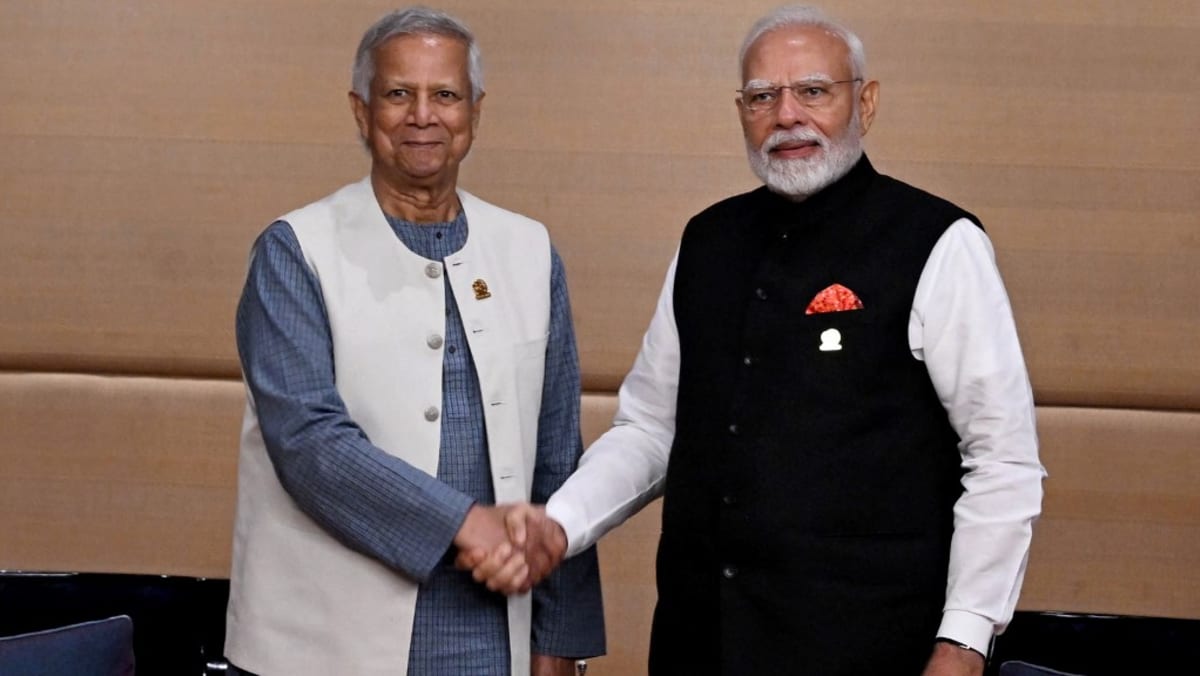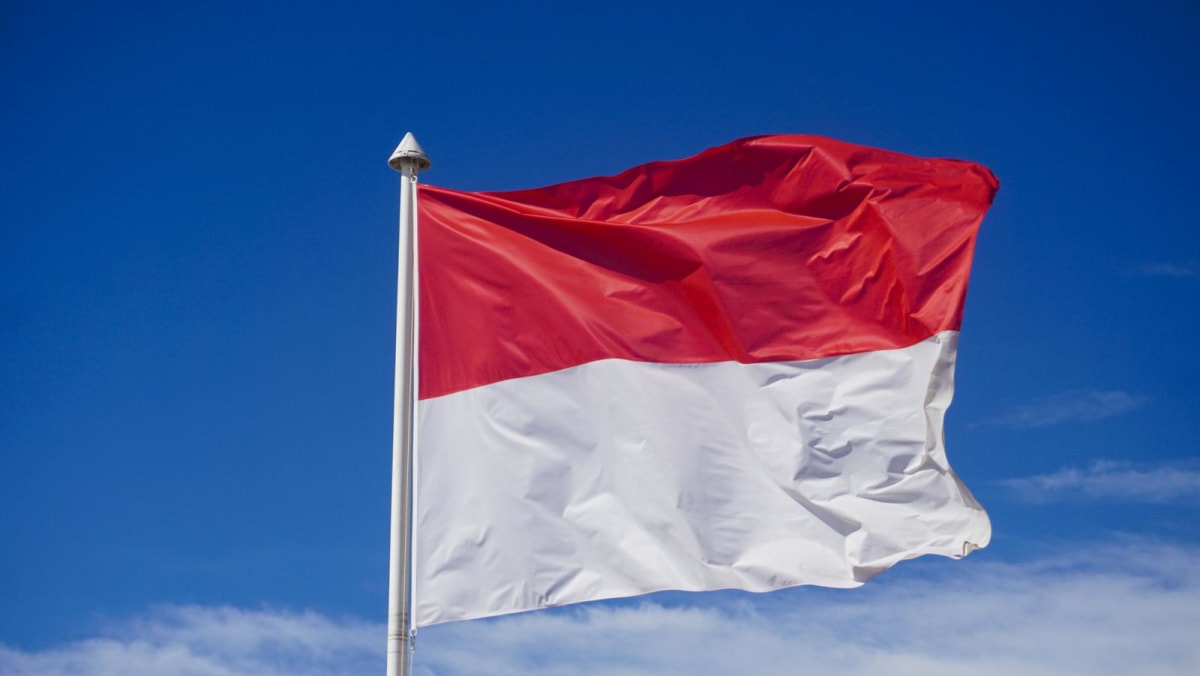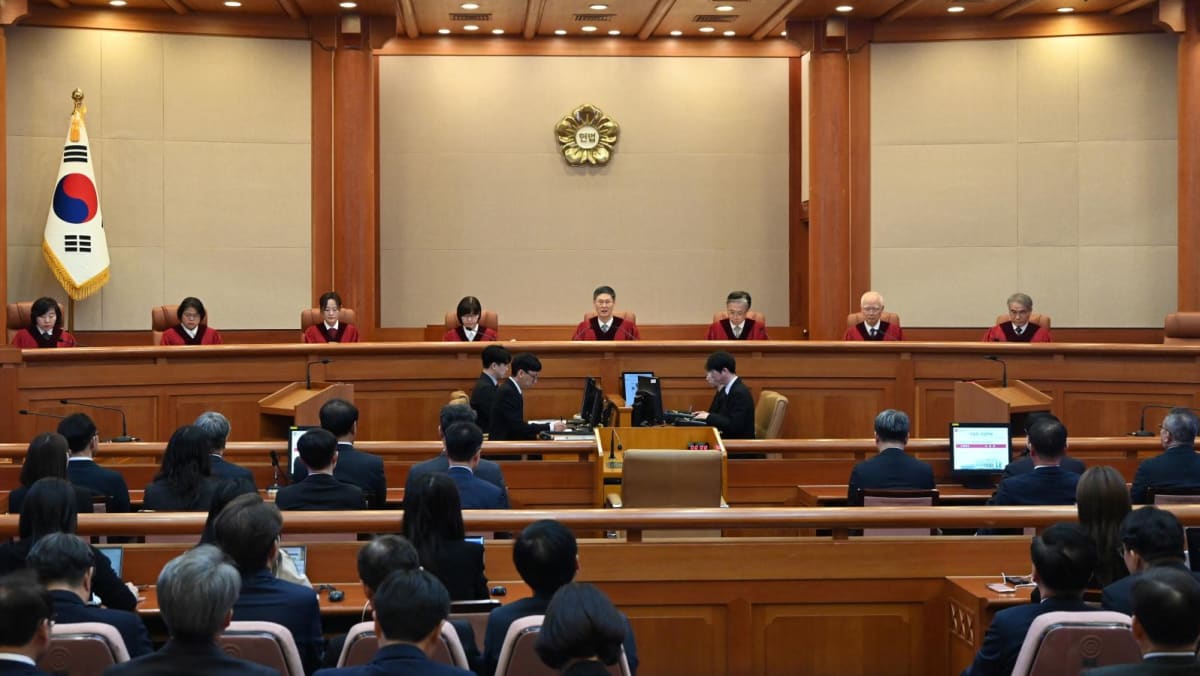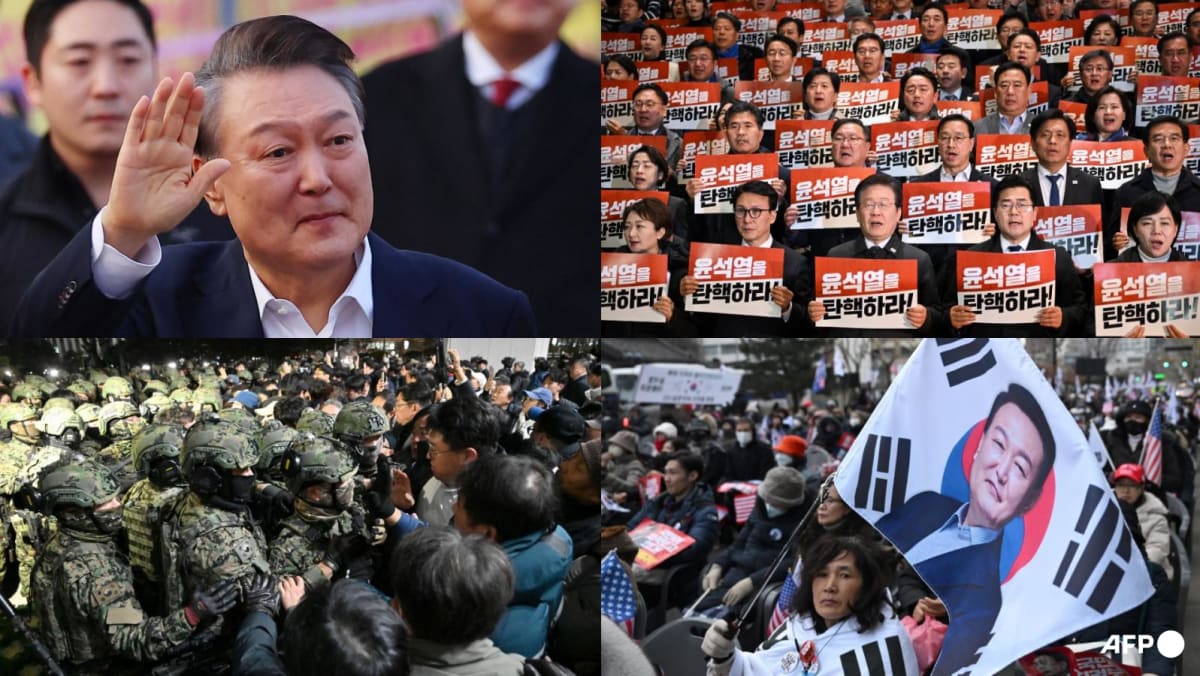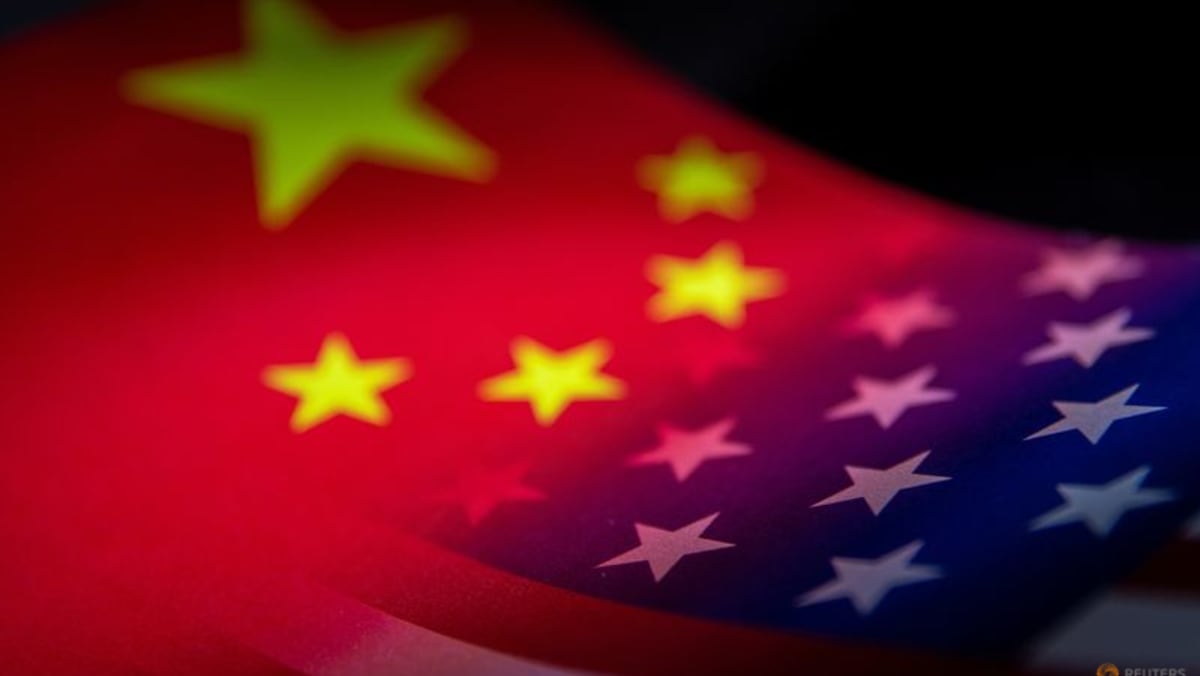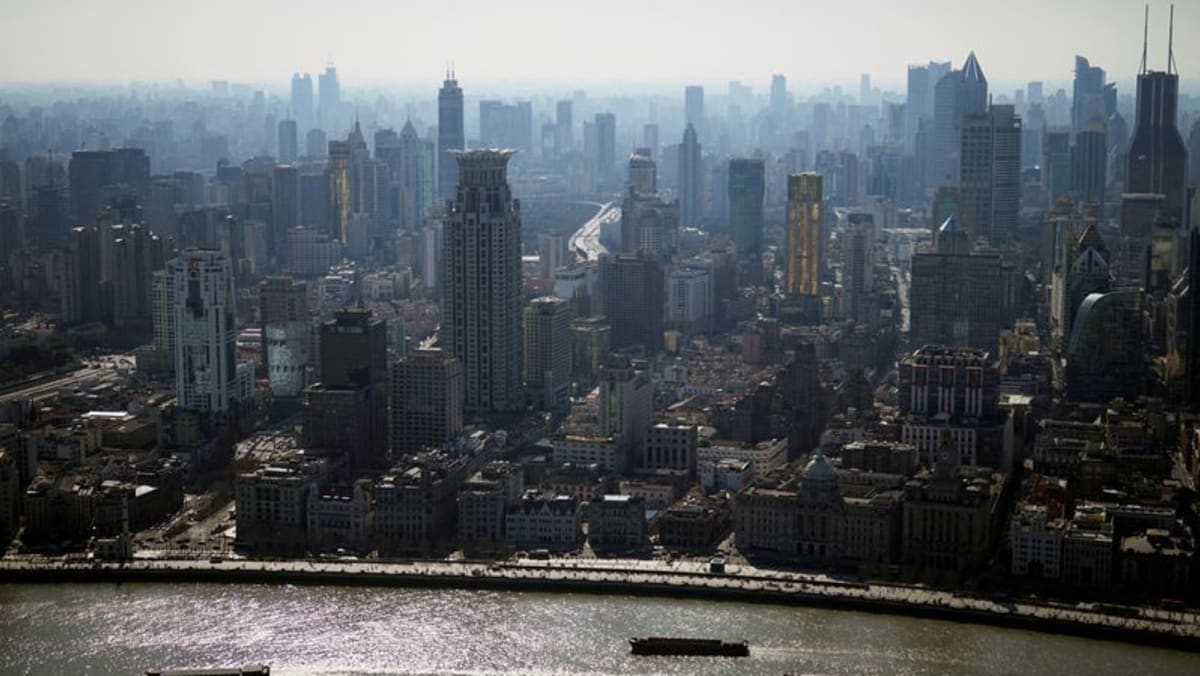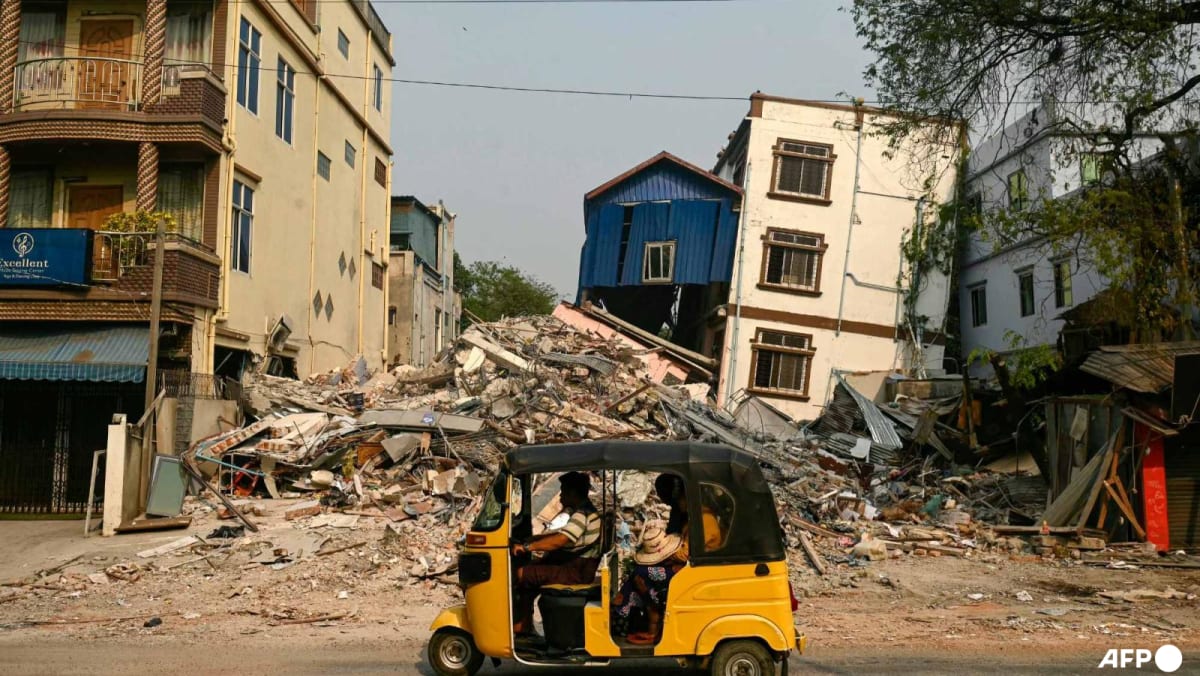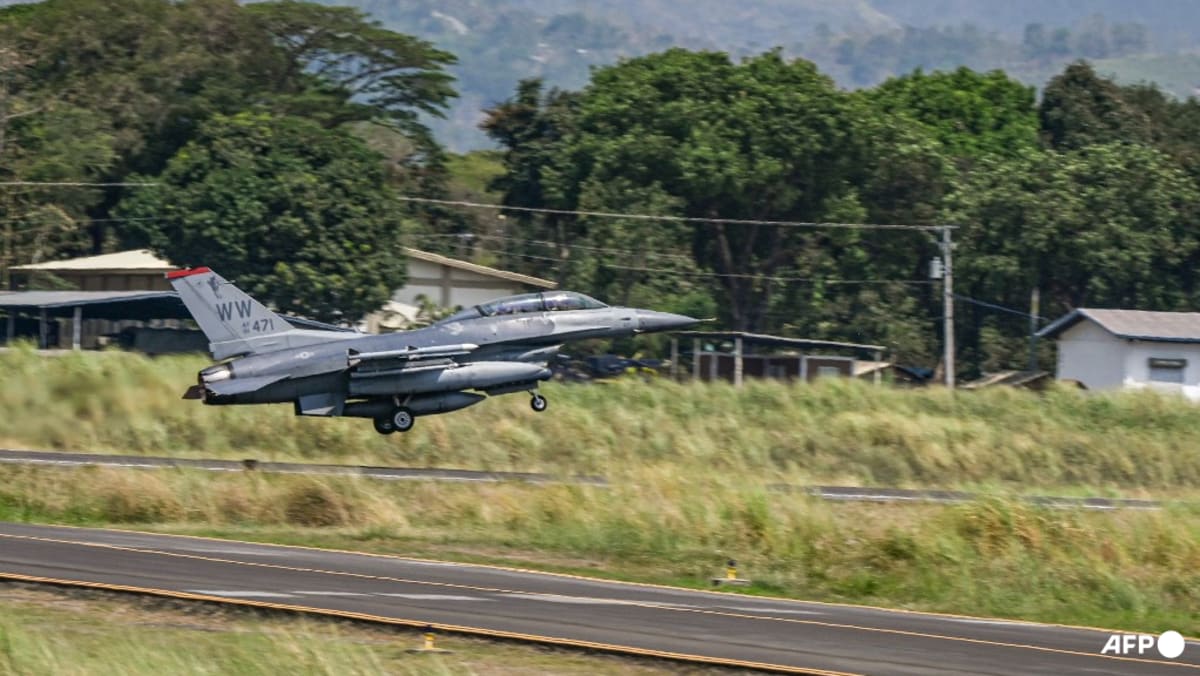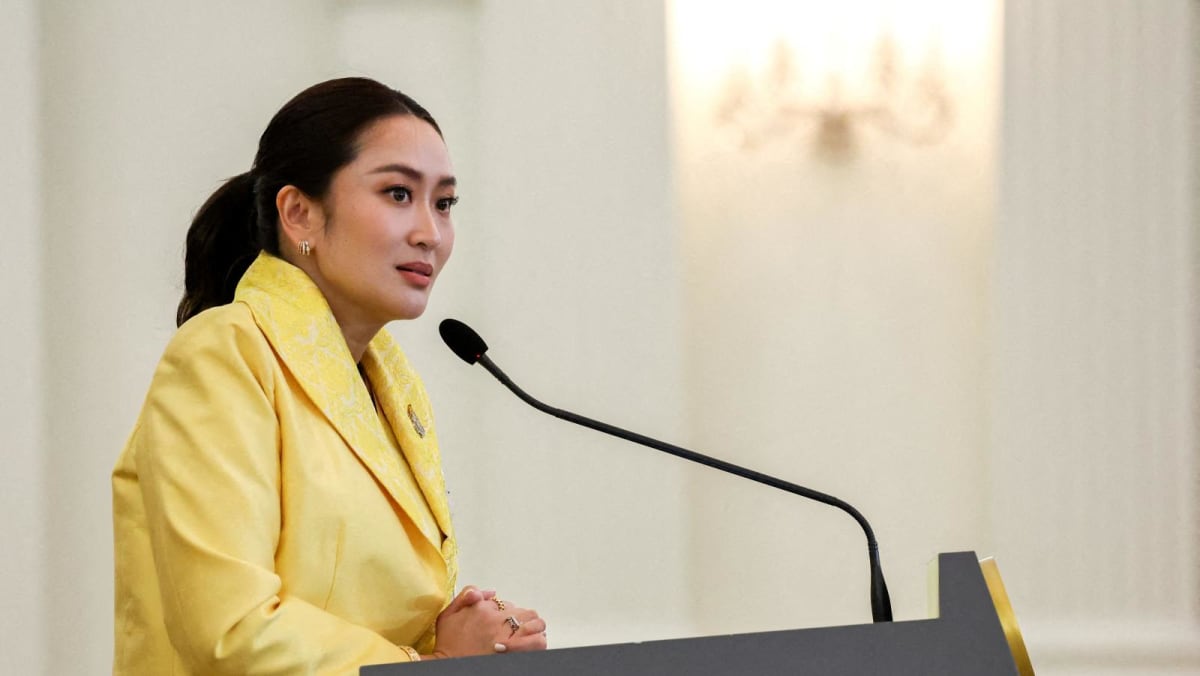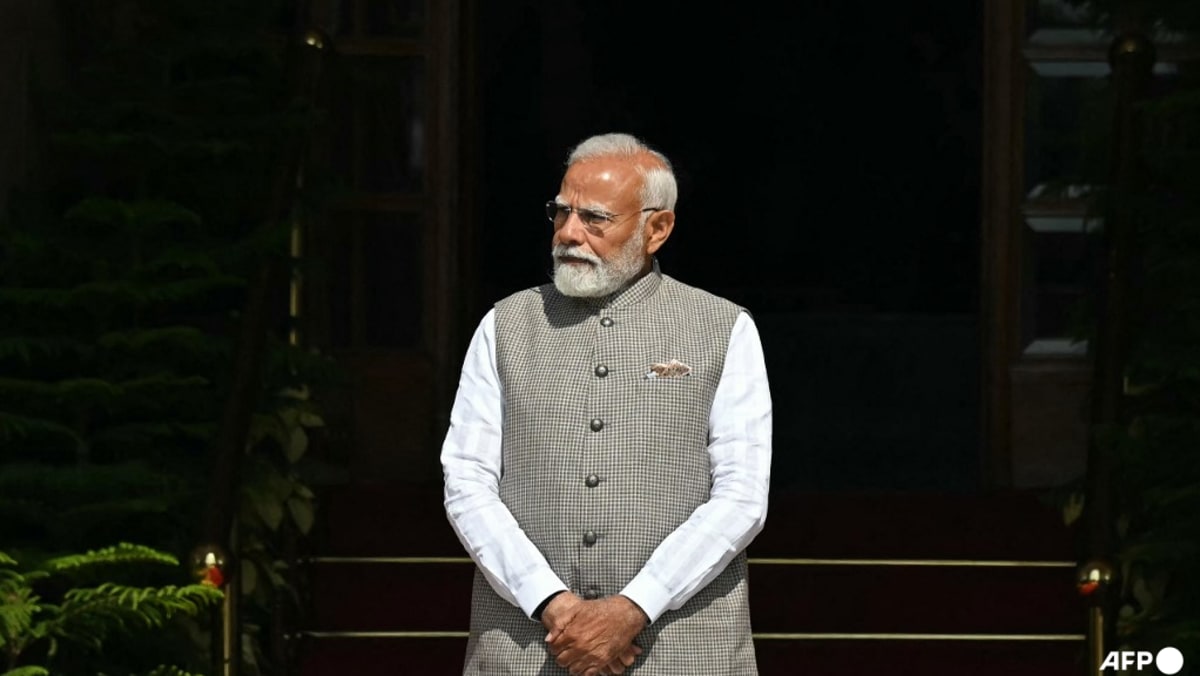Japanese music and food find growing acceptance in South Korea amid warming bilateral ties

It started airing in May after another programme with a similar theme ended its run earlier this year with a positive reception from the audience.
Seoul-based CReA Studio, which created both shows, said it took a big risk bringing the concept to life.
“There were concerns that this (concept) could cause some backlash. But surprisingly, people responded very positively,” the studio’s CEO Seo Hye-jin said.
She added that viewers found the two shows “sensational”, as Japanese songs have never been played on mainstream South Korean television before.
INITIAL WORRIES ON RECEPTION
South Korea’s free-to-air networks generally do not show Japanese content.
Wounds dating back more than a century still linger between the two nations, when South Korea was under 35 years of Japanese colonisation.
Some South Korean singers who were invited to participate in the music show were initially worried as they were unsure how the public would react to them singing in Japanese.
“I thought it would be great if I could, as a singer, take part in this historic moment, when we can sing songs and become one (through music),” said veteran South Korean singer Lyn.
“Even though we speak a different language, Korean viewers were very receptive to it, and I don’t think they linked it to any painful historical events or other things.”
Japanese singer Utagokoro Rie, also a participant on the show, said she was not aware of the grim past between the two countries before making her first ever trip to South Korea for the programme.
“When I first appeared on the show and sang, I wasn’t thinking about (politics) at all,” the 51-year-old told CNA.
“But after this show aired, I heard Koreans say I’m a bridge between South Korea and Japan. I felt a sense of responsibility when they said that to me.”
SOUTH KOREA-JAPAN TIES
After South Korean President Yoon Suk Yeol took office in 2022, relations between Seoul and Tokyo saw rapid improvement.
He and Japanese Prime Minister Fumio Kishida resumed reciprocal visits as the two countries’ leaders, a practice that had been suspended since 2011.
Both leaders are keen to solidify security cooperation – alongside common allies including the United States – to better cope with North Korea’s nuclear threats.
Source: CNA


